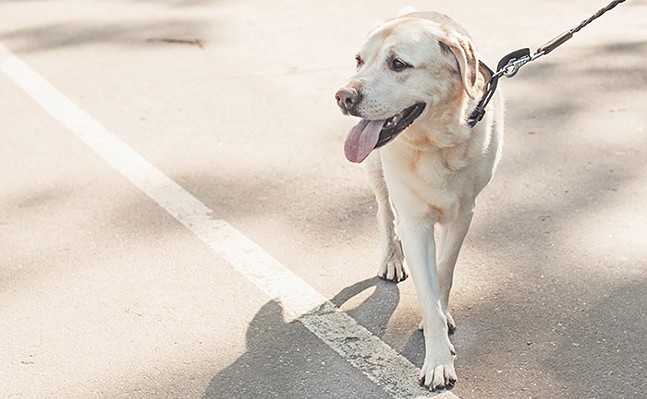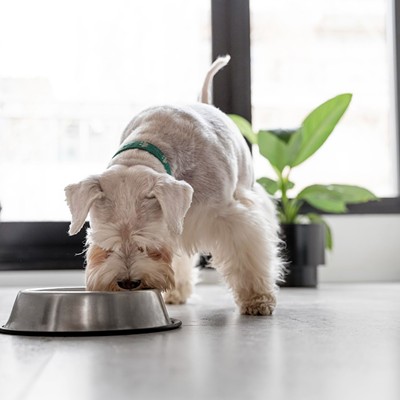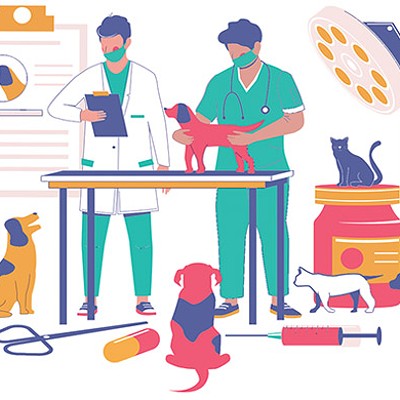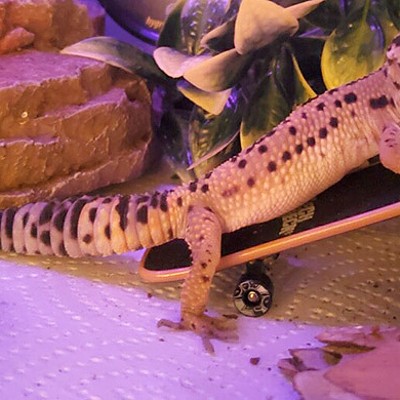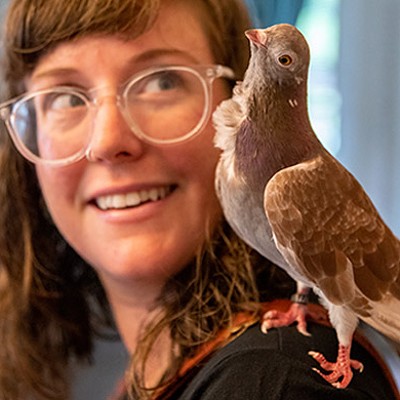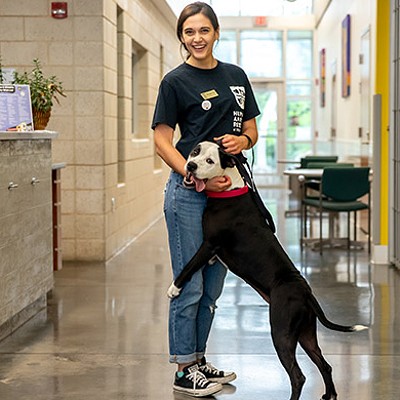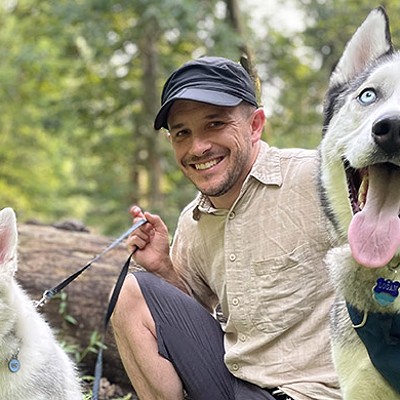Dogs:
Dogs are probably the most worrisome of any pet, when it comes to returning to in-office work, as they can have issues with separation anxiety that manifest in anything from destructive behavior, like ripping up throw pillows or shoes, to urinating or defecating indoors, even when they are thoroughly house trained. If you adopted a dog over pandemic, you probably have not been able to gauge yet just how they will react to being left behind. If you know ahead of time when you are returning to work, try easing your dog into being separated from you by going out for longer and longer periods of time. This could include shopping trips, visits with friends, or going for a night out. This will help you see how severe their reaction is and how much time away they are willing to tolerate before tearing up the couch or leaving a puddle on the floor.
For those with the resources to afford it, investing in a dog-walker or doggie daycare service might be the way to go. There are plenty of reputable, professional businesses in the Pittsburgh area able to send someone over to let the dog out and give them a little exercise. If your dog is especially social and plays well with others, a daycare might be the best option for you. For those with fewer resources, there are still ways to keep your dog from stressing out. Dog behavioral expert Cesar Milan addresses this issue directly with "I Adopted a Dog, Now What? Tips For Returning to the Office!"
"Dogs, like humans, are diurnal, so taking walks in the morning is ideal," says Milan. "I recommend setting aside thirty minutes to a full hour. Once your walk is complete, reward your dog by feeding them when you return home. By providing a meal after the walk, you have allowed your dog to 'work' for food and water."
There are also alternative methods and products, including vests you can wrap your dog in to make them feel secure. It might be worth looking into canine-safe CBD oil, as many pet lovers claim that the cannabis-derived product has a calming effect on their critters. You may find the latter dubious, so be sure to do your research and speak to your veterinarian before investing in anything.
For cats:
If your feline friend is anything like my cat, they are very relieved to finally get some “me time” after months of being stuck at home with their human companions. Because they don't require walking or regular exercise, and because they sleep most of the day, it's easy to assume that cats will be unfazed by your return to the office. But many cats suffer from anxiety, and, like any other pet, rely on an everyday routine to stay calm and healthy. There are plenty of ways to help your cat deal with the transition and maybe even enjoy their solitude.
If your cat doesn't graze and eats on a set schedule, buying a timed feeder that dispenses food throughout the day is one way to make them feel like everything is normal. Making sure their litter box is clean before heading off to work could also help prevent your cat from having any accidents — or “spite poops,” as I like to call them — while you're away.
Other, less costly options for home-alone cats include supplying ample catnip toys or curating a space just for them with hideaway beds, scratching posts, and elevated roosts where they can lounge. Streaming services like YouTube also have specially filmed videos of birds, squirrels, and other creatures that some cats find irresistible, and can provide them with hours of entertainment.
For more extreme situations, many dog-walking and doggie daycare services also offer options for cats. This could be helpful if you, for example, have a cat with special needs that requires medication throughout the day.
For reptiles, birds, and other pets:
Because dogs and cats are the most common pets in the U.S., people with birds, reptiles, and other non-furry companions might be at a loss when it comes to finding information about leaving them alone. Still, there are resources available to help keep your feathered or scaly friend happy during work hours. Events like the Pittsburgh Mega Reptile Expo (megareptileexpo.com), set to take place at the Monroeville Convention Center from Sept. 25-26, offer a wide range of products, services, and information aimed specifically at helping lovers of reptiles and other "exotic animals." Similarly, the Pittsburgh Reptile Show & Sale (pareptile.com) hosts monthly events in Cheswick.
Groups like PEARL, a Pittsburgh group dedicated to rescuing and rehoming exotic birds, have a number of classes and other resources covering best practices when it comes to caring for cockatoos, parrots, parakeets, and other breeds.
Whether you have questions about feeding, enclosures, or just overall care related to your pet, the above options provide great opportunities to meet and speak with others who are most likely struggling with the same issues as you.


